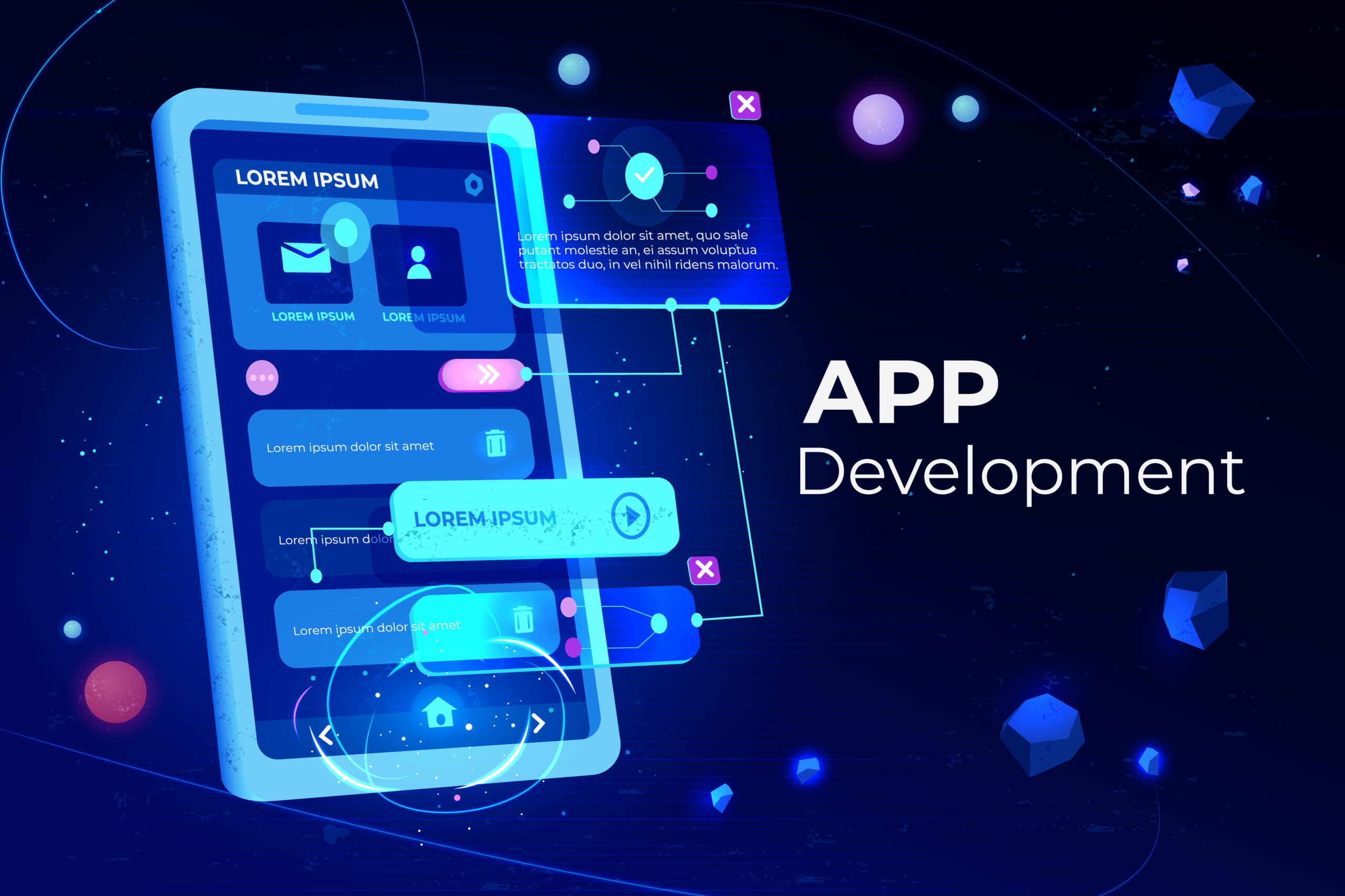Introduction
In the ever-evolving world of mobile app development, choosing the right Android framework is crucial to ensure high-quality performance and consistency. With a plethora of options available, it can be challenging to pick the one that best suits your needs. In this comprehensive guide, we’ll delve into the top 10 Android framework options that will empower you to create exceptional apps. Whether you’re a seasoned developer or just starting your journey, these frameworks are bound to elevate your app development game.
Let’s dive into the world of Android frameworks and discover the tools and techniques that will help you build top-notch apps that stand out in today’s competitive market.
Native Android App Development
Native app development involves building applications for a specific platform, taking full advantage of the platform’s capabilities. When it comes to Android, here are the top options:
Android Studio
Android Studio is the official integrated development environment (IDE) for Android app development. It offers a rich set of tools and resources, making it the go-to choice for many developers. With features like a visual layout editor and robust debugging capabilities, Android Studio streamlines the development process.
Kotlin
Kotlin is a modern programming language that has gained popularity for Android development. It’s fully interoperable with Java, making it a seamless transition for Java developers. Kotlin’s concise syntax and enhanced safety features contribute to building robust and maintainable Android apps.
Cross-Platform Frameworks
Cross-platform frameworks allow you to write code that can run on multiple platforms, saving time and effort. Here are some notable options:
Flutter
Flutter App Development, developed by Google, is an open-source UI software development kit. It enables developers to create natively compiled applications for mobile, web, and desktop from a single codebase. Its expressive and flexible widgets make it a favorite for building visually stunning apps.
React Native
React Native App development, backed by Facebook, allows you to build mobile apps using JavaScript and React. It offers a vast library of pre-built components and a thriving community, making it an excellent choice for rapid development.
Game Development Frameworks
If you’re into game development, these frameworks are your best bet:
Unity
Unity is a game development platform that supports both 2D and 3D game development. It boasts a user-friendly interface, a massive asset store, and cross-platform capabilities, making it a top choice for game developers.
Unreal Engine
Unreal Engine is another powerhouse in the game development world. Known for its stunning graphics and immersive experiences, it’s perfect for creating high-performance Android games.
Backend Integration
When your app requires seamless backend integration, consider these frameworks:
Firebase
Firebase, a comprehensive mobile development platform by Google, offers real-time database solutions, authentication services, and cloud functions. It simplifies backend development, allowing you to focus on your app’s core features.
Retrofit
Retrofit is a type-safe HTTP client for Android and Java. It makes network requests easy and efficient, facilitating communication between your app and the backend servers.
UI Frameworks
Crafting a user-friendly interface is essential. These frameworks can help:
Material Design
Material Design is Google’s design language, providing a set of guidelines and components to create a visually appealing and consistent user interface. It’s a must for achieving a polished look in your Android apps.
ConstraintLayout
ConstraintLayout is a powerful layout manager that allows you to create complex UIs with a flat view hierarchy. It optimizes your app’s performance by efficiently arranging UI elements.
Conclusion
Choosing the right Android framework is a pivotal decision in the app development process. Each of the top 10 Android frameworks mentioned here offers unique advantages, so it’s essential to align your choice with your project’s requirements and your team’s expertise. By leveraging these frameworks, you’ll ensure high-quality performance and consistency in your Android apps, setting yourself up for success in the competitive app market. GML Soft Labs has emerged as a leading mobile app development company in Chennai, catering to clients both locally and globally. With a team of highly skilled professionals, they have successfully delivered numerous successful projects across various industries, including healthcare, e-commerce, finance, and more. GML Soft Labs understands the unique requirements of each client and leverages the latest technologies and frameworks to develop robust and scalable mobile applications. For more details contact us today.
FAQs
Q: What factors should I consider when choosing an Android framework? A: When selecting a framework, consider factors such as your project requirements, development team’s expertise, and the specific features you need for your app.
Q: Is Flutter a good choice for beginners? A: Yes, Flutter’s simplicity and rich set of widgets make it beginner-friendly. It’s a great choice for those new to app development.
Q: How can Firebase benefit my app’s backend development? A: Firebase offers real-time database solutions, authentication services, and cloud functions, simplifying backend development and reducing development time.
Q: Can I use Kotlin and Java together in my Android project? A: Yes, Kotlin is fully interoperable with Java, allowing you to use them together in the same project seamlessly.
Q: Are there any advantages to using Material Design? A: Material Design provides a cohesive and visually appealing design language, enhancing the user experience and making your app look more professional.
Q: Which game development framework is better for beginners: Unity or Unreal Engine? A: Unity is often considered more beginner-friendly due to its user-friendly interface and extensive resources for new developers.
 seolounge
seolounge
